
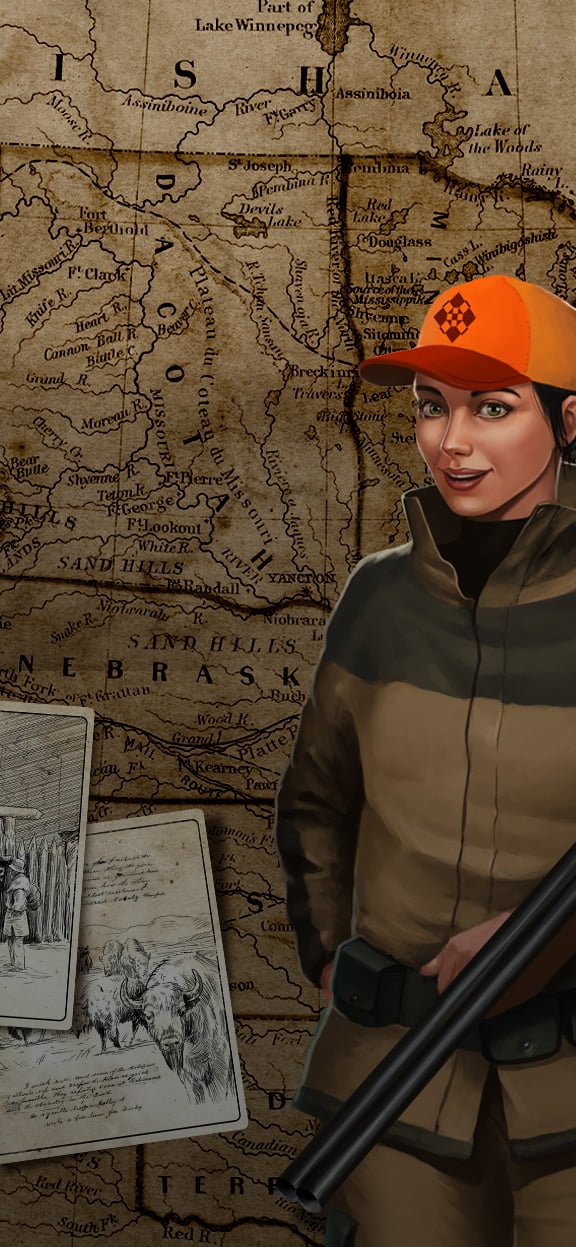


Ten Square Games ended 2019 with two hundred employees on board. In 2020, we managed to increase that number to three hundred. A month ago, our team grew to 500, meaning we’re growing fast and learning from the skills of our specialists, who come from global gaming companies and other market segments. How does this growth affect company culture in a team that started as a few people working in a 10-square-meter office? What lies ahead in our transformation from local startup to international studio network? How do we take care of our people in all of this? We’ll be talking about the challenges related to scaling with TSG’s Head of Recruitment, Diana Kruczkowska-Uszycka, and HR Business Partner Team Lead Abike Strzebinczyk.
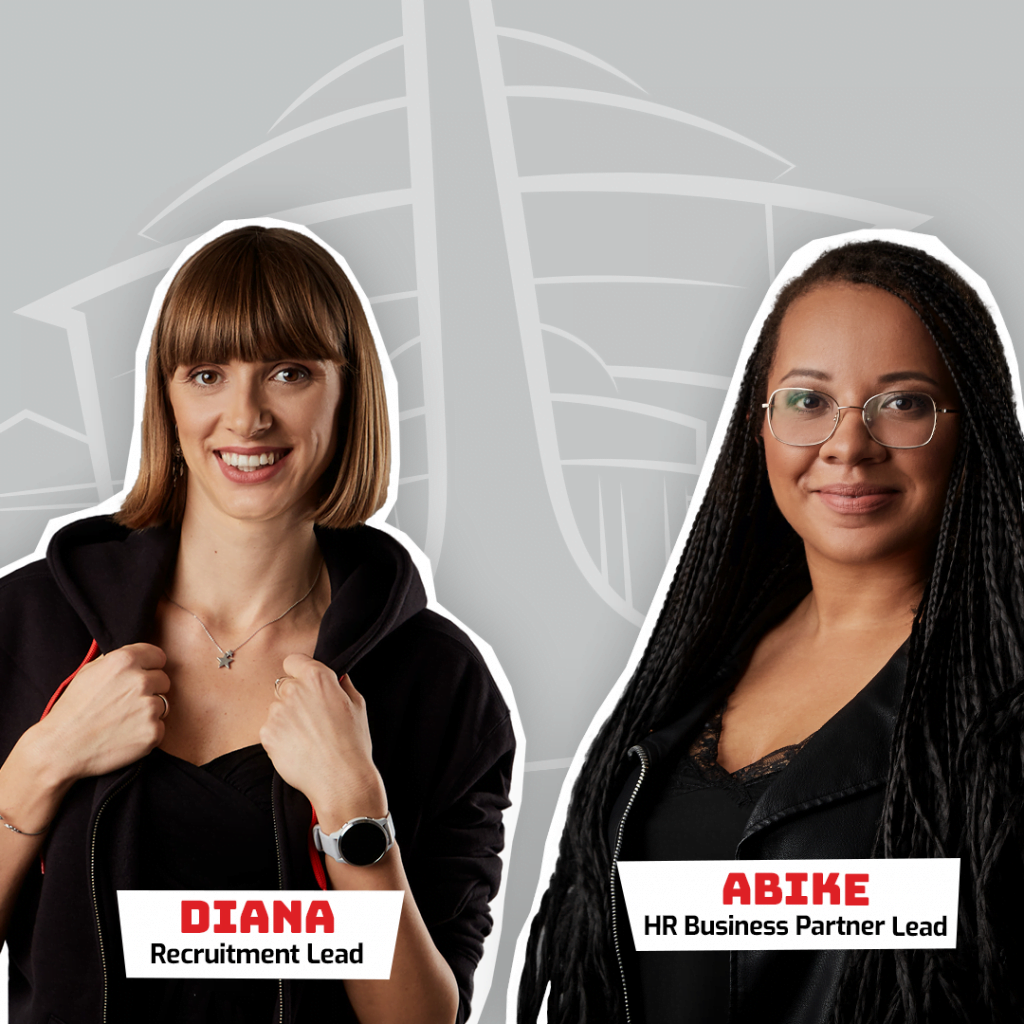
The History of Ten Square Games is one of those stories that spark dreams of success. In 2011 Maciej Popowicz and Arkadiusz Pernal saw the potential of gaming tied to social media and decided to open their own studio. Along with a group of passionate game developers, they launched their first game–Let’s Fish, launching more games later. A breakthrough moment came in 2017 with the release of Fishing Clash, which made TSG a significant player in the gaming industry and allowed it to enter the Warsaw Stock Exchange. This way, the Wrocław-based studio created a strong foundation for their ambitious transformation from a local startup into a network of international studios based in five European metropolises.
– At the start of 2020, we only had two employees working from outside Poland. We now have 100 international employees, making up 20% of the team. Given that other Polish gaming industry companies average 8% in that category, Ten Square Games is ahead of the competition. – Diana Kruczkowska-Uszycka says.
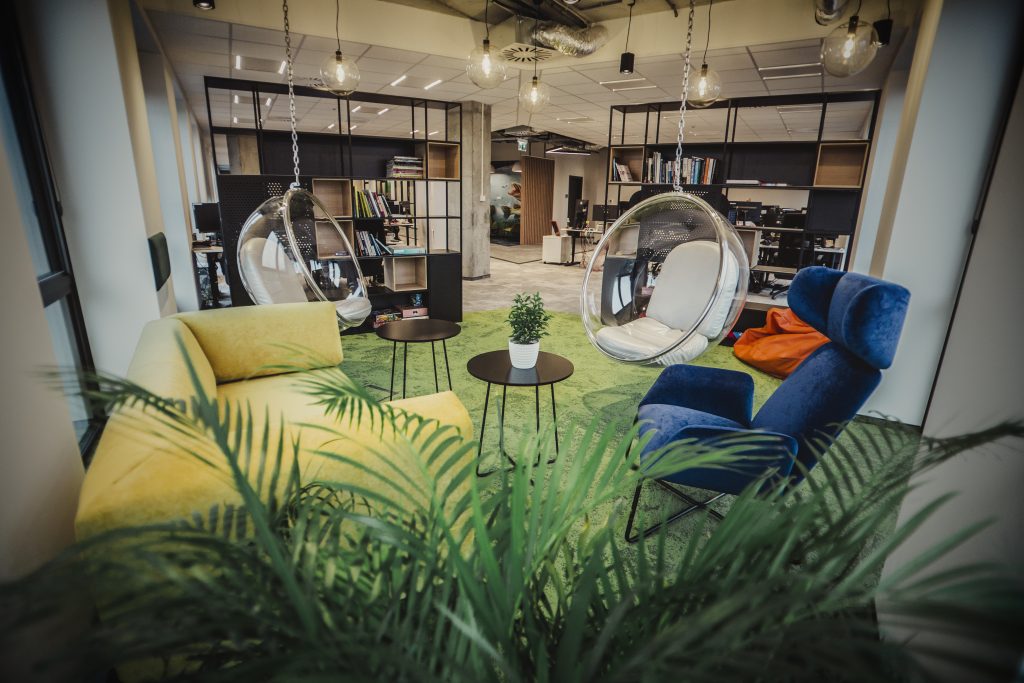
– At the beginning of 2020, we were a Polish company with international ambitions, and opening our Warsaw studio became a milestone for us – Diana reminisces – The studio led by Marcin Chełkowski aimed to hire a team with heaps of diverse experiences in gaming, which extended our recruitment process worldwide. One of the first persons to come was Francis Leo Tabios, Senior UX Designer, who decided to move to Poland despite the pandemic. Afterward, more international experts joined, creating our first satellite team.
2020 was a year of acceleration for us. Our flagship product, Fishing Clash, beat its own records, reaching 40 million installs and a historic success with one million players playing simultaneously on April 12th, 2020. Its younger sibling, Hunting Clash, was also doing great, reaching the top 250 highest-grossing games on Google Play in its first year after launch. Seeing our market prosperity for mobile games, we decided to start working on a new title—Undead Clash. This meant we needed a new team for our Wrocław office with know-how from other gaming segments and other projects that reached worldwide success.
– The Polish gaming industry is a pretty narrow market when it comes to mobile games, with most participants choosing small studios, leaving us with a limited number of experts. Thus, going international became an obvious choice for Ten Square Games, allowing us to find talents from beyond Poland. – Diana explains
A great example of how TSG is quick to react to the dynamics of the gaming market is the opening of the Bucharest Studio. Florian Dinu, the leader of the studio, began his Ten Square Games career in the Warsaw team. When he was analyzing the potential of the Romanian labor market with the management board, the decision to open a new studio in Bucharest came fast. The Berlin studio’s opening was a similar case, creating a new spot on the map for TSG. We keep looking for talents, teams and we create offices in places where we see the potential for great candidates. – Diana continues.
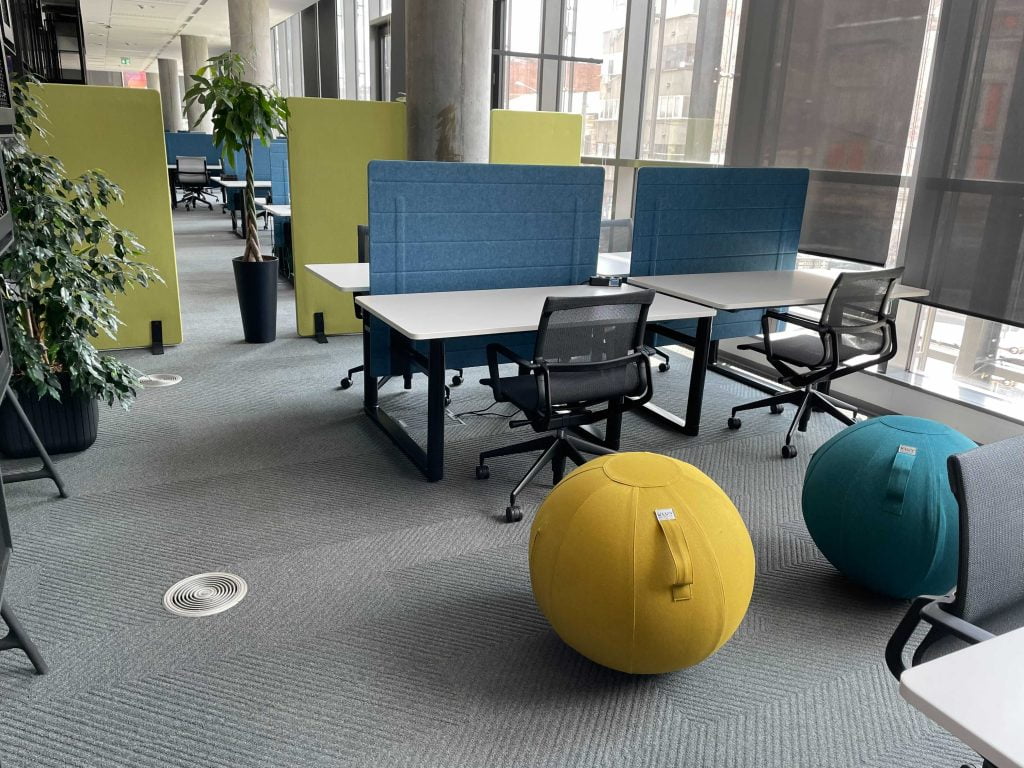
This elasticity and ability to notice new growth opportunities is also confirmed by the acquisition of RORTOS, a studio specializing in flight simulators from Verona. It gave TSG its 5th European address, with our team now joining our Italian friends in taking flight sims to new heights.
Our rapid increase in size in such a short term has caused the company to be forced to take care of employee engagement and growth during these changes. The challenges we had to face were, for example, improving business processes that can easily become an obstacle instead of an improvement.
Opening up to the entire world brought big challenges to the Finances and Payroll teams which suddenly became swamped with documents and various legislative obstacles. To not miss out on anything, we decided to create a ticketing system that would allow them to get notifications about issues like a team member’s contract expiring soon. Similarly, when the documents are signed, the leader is informed immediately. Additionally, the system makes starting work easy, adding arrangements from the recruitment process and the letter of intent to an employee’s profile. Thanks to automating repetitive payroll tasks, the leaders can focus on their teams, while their payroll colleagues can comfortably process the documents they need, e.g., to hire someone.
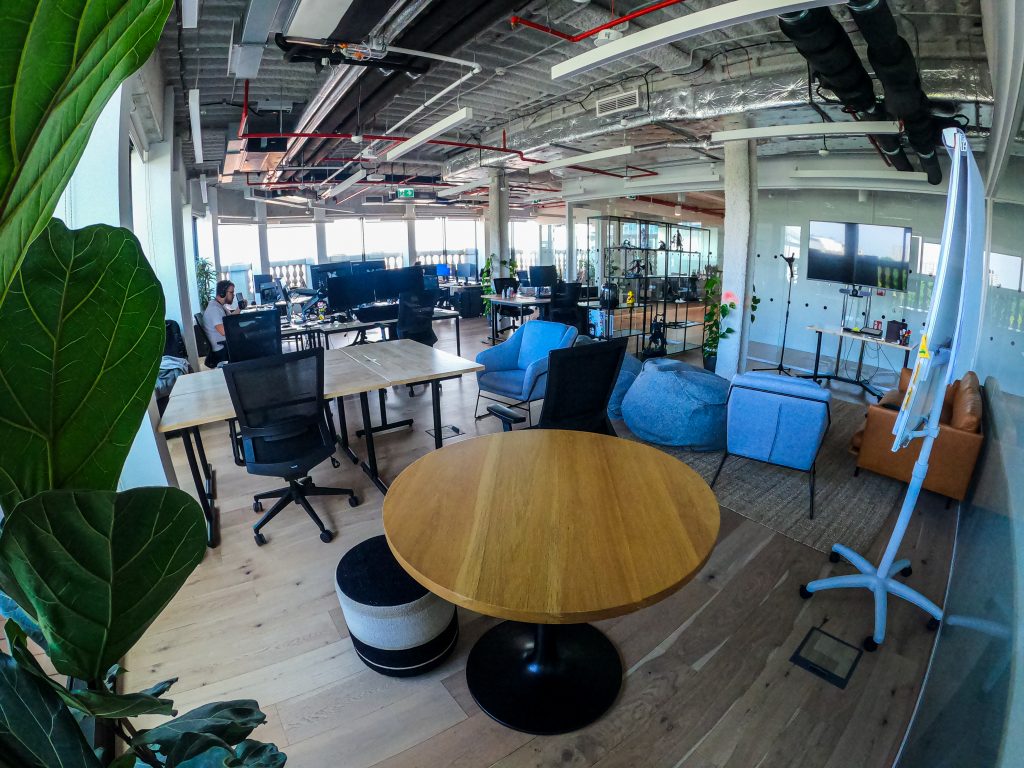
Other than formal aspects of work, we’re focusing on relationships in our teams. We want to develop them despite the realities of hybrid work, which is why we’re organizing and standardizing our workflow to minimize the time spent on formalities while ensuring all our information is where we need it.
– The biggest challenge is finding new standards for, e.g., growth, which will let a few hundred persons work efficiently despite language, cultural and geographical barriers – Abike Strzebinczyk explains. – In a growing team, it’s essential to ensure proper information flow and process description to be as accessible and user-friendly as possible – she continues. Abike’s team’s mission is to create a working environment where employees can function in constantly changing conditions while promoting an atmosphere that allows them to be open, creative, and innovative. – We started from the basics, first improving our onboarding process and helping a new person come into TSG. Then we started working on on our feedback and growth culture. – she underlines.
Our new onboarding process isn’t only making us proud, but our employees also appreciate it.
– Before the pandemic, we hired about five new employees a month. We currently hire around twenty, with at least a few joining remotely. – Abike continues – Our new reality needs an agile approach and complex look at the first weeks of a TSG adept in order to ensure they have the knowledge that lets them adapt to the company quickly and easily. Our recipe for effective onboarding is creating a system of introductory training, along with good pre-onboarding, making sure our employees are taken care of even before their first day of work. We offer clear and concise information about our working culture, communication principles, benefits, and more. A new colleague also has a “buddy” assigned to them, showing them the ropes as a more experienced employee.
Looking for new team members, we fulfill two goals: hiring top talent and creating a work environment that will help them tie their future to TSG.
The constant need for development became a primary tenant of TSG’s work culture and an impulse to create growth paths. – We want our people to give them the opportunity to grow, adjust to their potential and TSG’s business needs. – Abike explains – Our roadmap includes knowledge level requirements, descriptions of behaviors, attitudes, and soft skills. This includes a knowledge-sharing requirement for persons who want to become leaders. Other than that, everyone from these positions received a personalized growth plan. The plan is a list of tips and sources of knowledge in a given field.
The project we created is ambitious, which makes implementing it a fascinating endeavor. As we’ve started testing it in 2021, we’re still growing the matrix, improving it, and adjusting it to the team’s needs. We want our plan to be alive and grow with the company, becoming our specialists’ growth compass of sorts.
Ten Square Games has spent its first years in a start-up character with a flat structure. As the company scaled, the team was divided into smaller squads and more agile groups. This created so-called streams, internal teams with part-leaders. This change supported communication in teams and created another opportunity to grow leadership skills for employees looking to take their careers in that direction.
At TSG, we have a unique role of Cross Managers, who bring knowledge to the company and create new opportunities for growth for specialists who want to stay at TSG long-term. The Cross Manager is an exciting and unusual role because it focuses on the domain instead of the product. This means that at TSG, we have separate Cross Managers for Producers, Backend Developers, Frontend Developers, QA, and Game Designers. This role naturally came out of a need for cooperation between specialists in a given area. By creating an expert community, the Cross Manager becomes a mentor instead of a “boss”. It’s a person who is supposed to notice talent and create an appropriate path to grow. As our most experienced experts, the Cross Managers support our colleagues and help recruiters verify the knowledge of candidates.
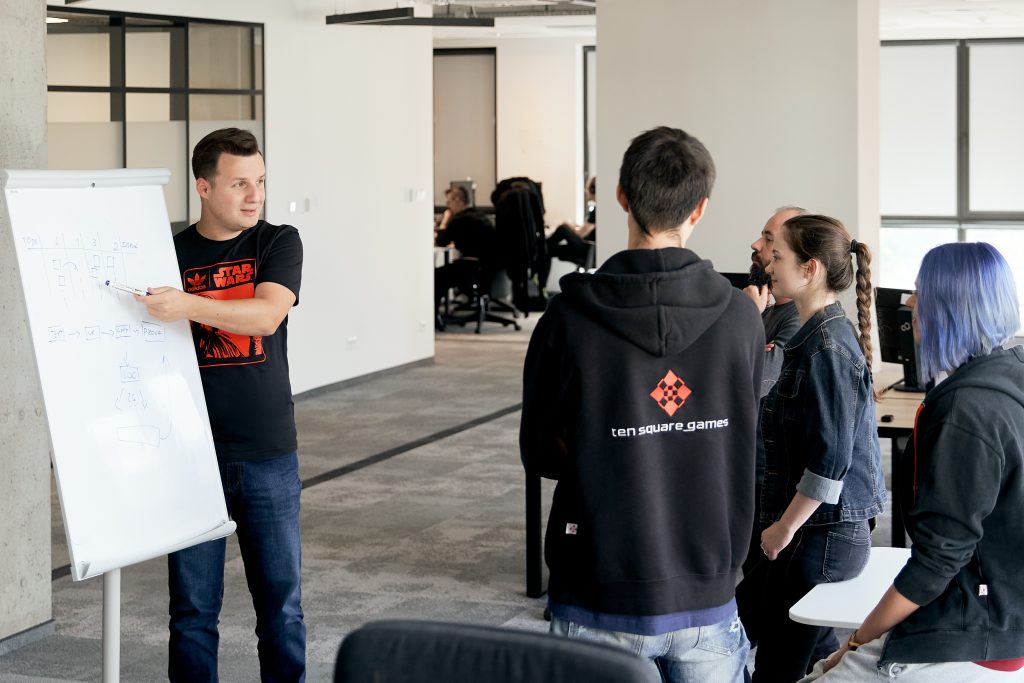
– Each product team has an HR Business Partner assigned to it – Abike says. The HRBP’s job is to build teams, find solutions in tough situations, or discover and develop talents along with the Cross Manager. Despite the role formally belonging to the HR team, the HRBPs are an active part and integral members of the product teams they’re assigned to. Thanks to knowing the specifics of the products, they give good advice and create tailor-made personal solutions for our team.
Our growth generated by our success turned into a domino effect that catalyzed our entire company. In effect, Ten Square Games represents one of our core values—Change Fast—which teaches us to embrace change, especially if it’s unavoidable, as an opportunity to bring us closer to realizing our ambitious goals.
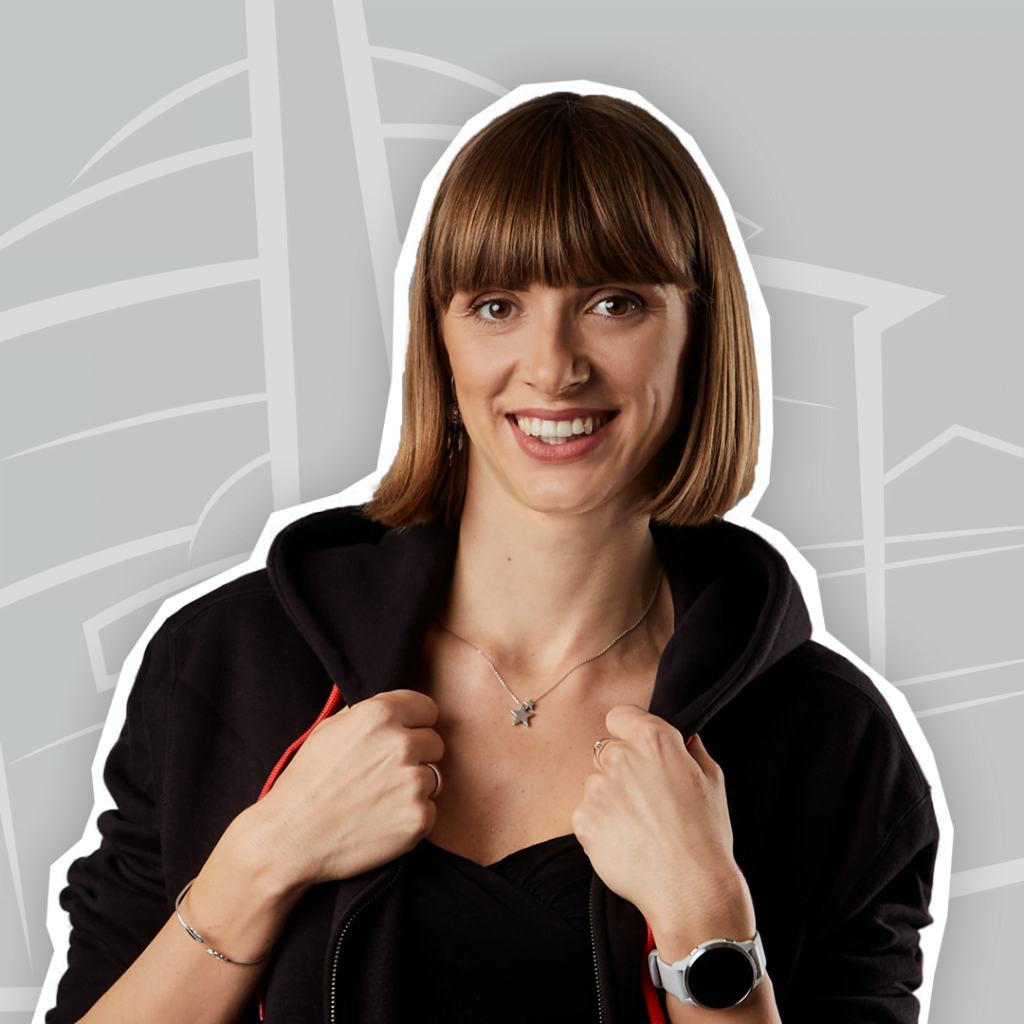
Diana Kruczkowska-Uszycka, Recruitment Lead at Ten Square Games, manages a team of ten multilingual professionals. Diana has been building her sourcing experience for a decade, having previously recruited talents in the manufacturing and finance industries, with a particular focus on international experts. She sees great value in diverse teams and is passionate about building them across borders and continents. Her love for travel and openness allows Diana to easily establish relationships with representatives of different cultures, which she uses effectively in communication with candidates. Diana is a graduate of the University of Wroclaw and a declared promoter of a healthy lifestyle through cross-fit training, skiing, and mountain hiking.
Abike Strzebińczyk, HRBP Lead at Ten Square Games, manages a team of five specialists. Abi sees thoughtful Human Resource management as a prerequisite for building a great workplace. For 15 years, she has been open-minded and flexible about the unpredictability of the human sphere in organizations, seeing her domain as a chance for continuous learning and strengthening of her analytical skills. A graduate of Adam Mickiewicz University in Poznań and University of Wrocław, she ikes to spend her free time exploring new hobbies.
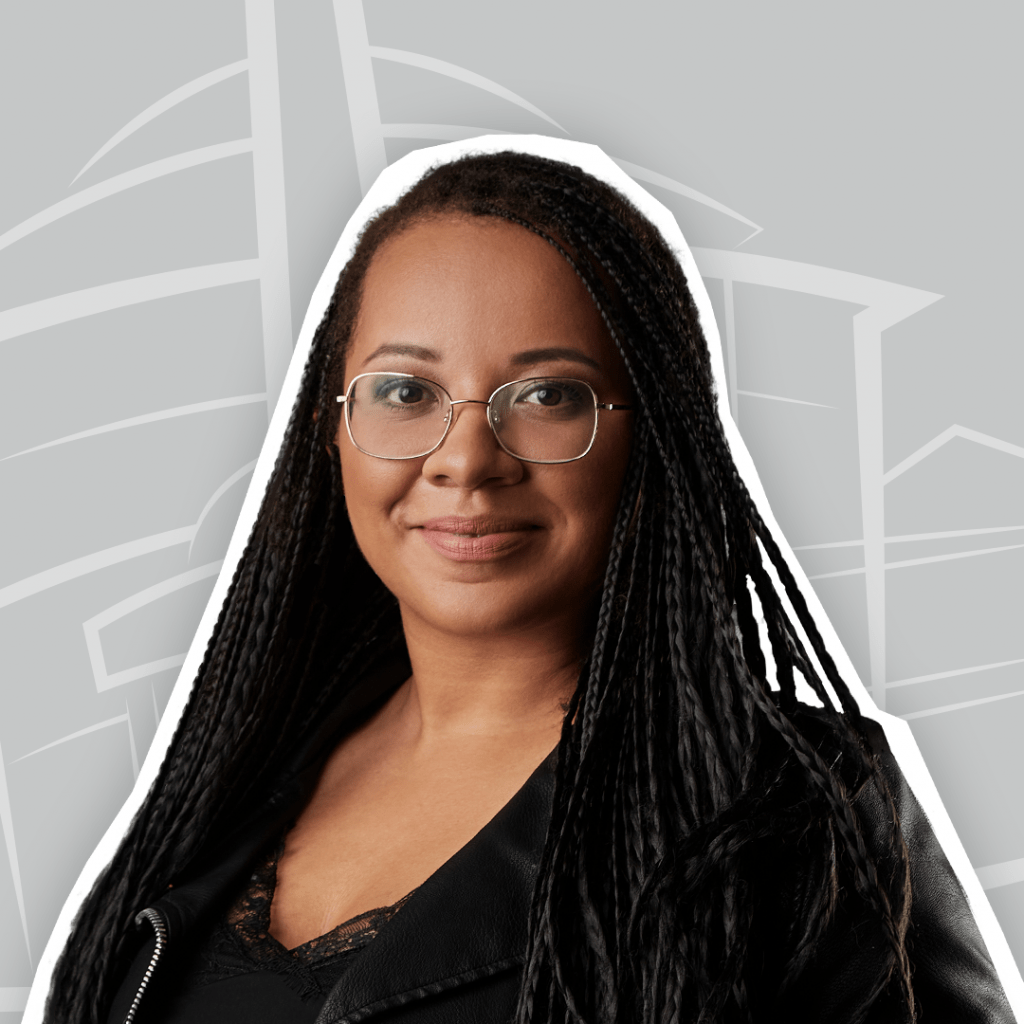
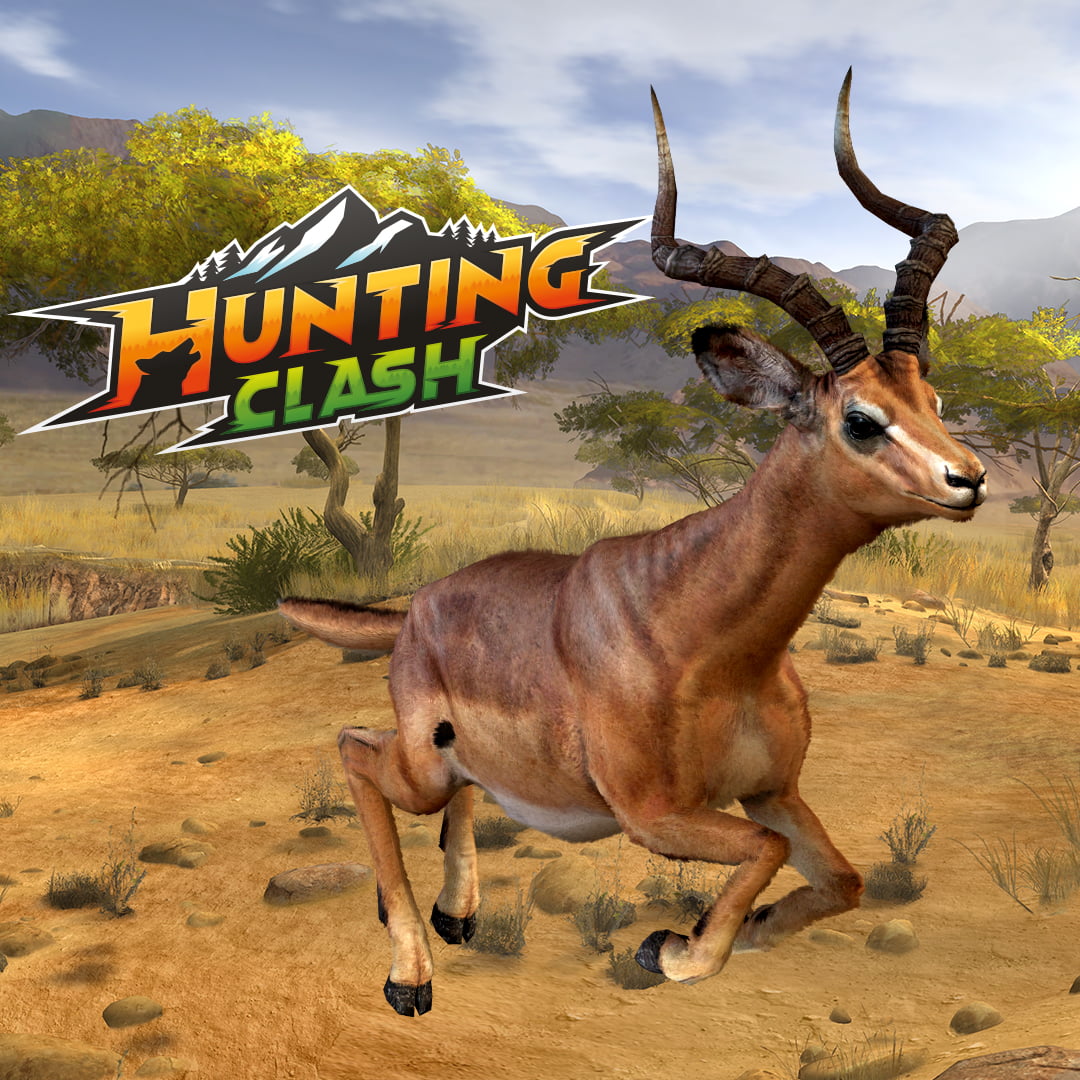
Hunting Clash is one of our newer products, as it launched in 2020. It is…
read more
The story of Ten Square Games may sound like a fairy tale: from a 10…
read more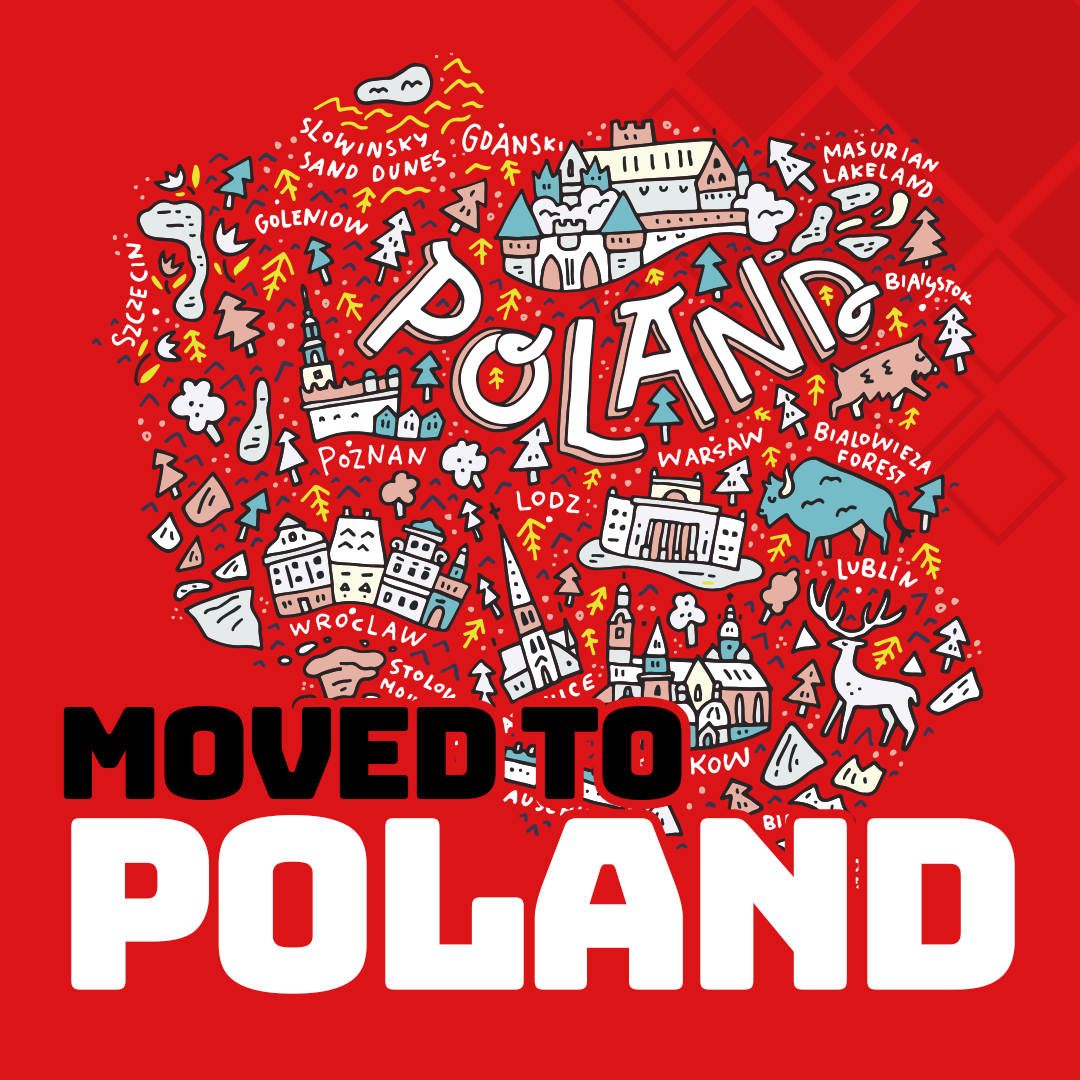
Anyone who has ever moved countries, be it for a job, for school, or for…
read more
Airline Commander is a flight simulator produced by Rortos. The reins of the game’s production…
read more